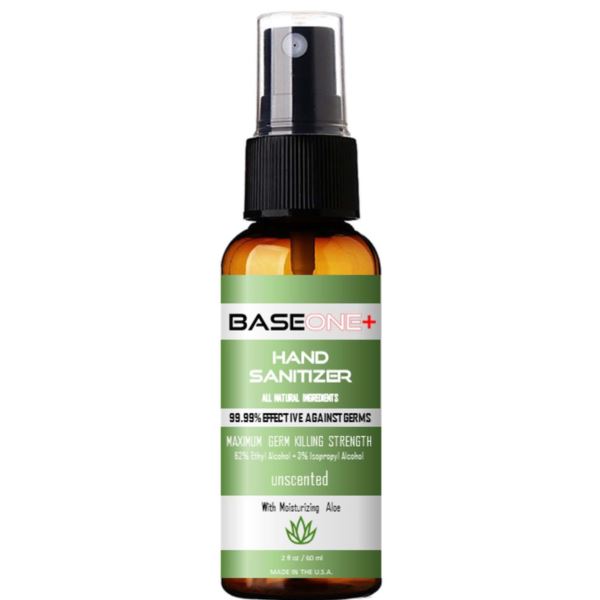

Depending on the active ingredient used, hand sanitizers can be classified as one of two types: alcohol-based and alcohol-free. Hand sanitizer formulations exist in the form of liquids, gels and foams. Consequently, the demand for hand sanitizers has increased worldwide including South Africa, resulting in a surge in the trade of hand sanitizers and initially leading to shortages in their supply. Since the outbreak of SARS-CoV-2, CoViD-19 (coronavirus), it is recommended by the World Health Organisation (WHO) that, in absence of water, the use of alcohol-based hand sanitizers can prevent the transmission of coronavirus 6.

The transmission of respiratory pathogens spread by droplet or airborne routes is limited through respiratory hygiene/cough etiquette and physical space infection prevention measures 4, 5. However, in the absence of water, hand sanitizers are recommended 2, 3. The gold standard for hand hygiene and prevention of the spread of non-airborne infectious diseases is regarded as washing with warm water and soap, because water and soap remove oils from hands that can harbour pathogens 1. Consumers are therefore warned that among the many brands of hand sanitizers found around Johannesburg, there are some substandard preparations and some that contain traces of toxic ingredients. Ethyl acetate, isobutanol and other non-recommended alcohols (methanol and 3-methyl-butanol) were also identified. Of the alcohol-containing hand sanitizers, 37 (41%) contained less than 60% alcohol. Of the 94 hand sanitizer samples collected, three preparations contained no alcohol, whereas the rest contained either ethanol, 2-propanol or 1-propanol or a combination of two alcohols. Hand sanitizers randomly collected from various traders around Johannesburg were analyzed using Agilent auto sampler coupled to a gas chromatograph utilizing flame ionisation detection. The study aimed to identify hand sanitizers used in the Johannesburg area during the CoViD-19 pandemic that do not contain the recommended alcohol concentration of at least 70% propanol or 60% ethanol, and contain traces of toxic ingredients. Unfortunately, many media and anecdotal reports indicate that many alcohol-based hand sanitizers sold in South Africa are substandard and some contain potentially toxic ingredients. Since the outbreak of the Coronavirus Disease 2019 (CoViD-19), the World Health Organization has recommended that, in absence of soap and water, alcohol-based hand sanitizer can be used to prevent the transmission of coronaviruses.


 0 kommentar(er)
0 kommentar(er)
